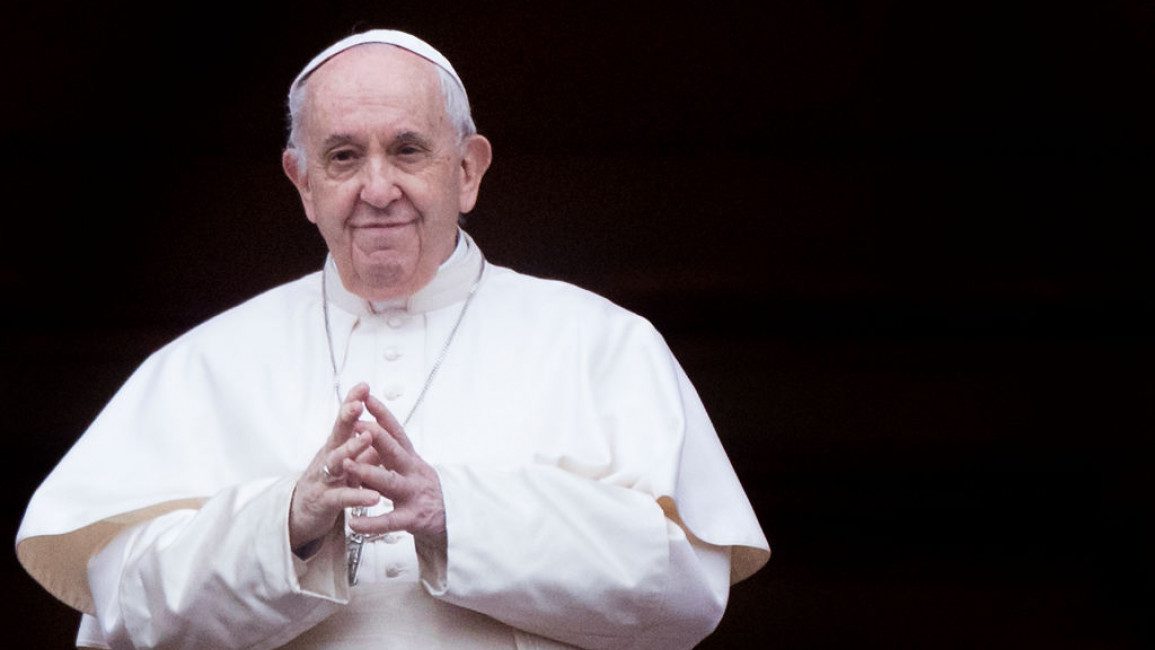Africa
Pope Francis gets ready for his eagerly anticipated trip to the Congo and South Sudan

At the end of the month, Pope Francis will visit the Democratic Republic of the Congo and South Sudan, a trip he initially had to postpone owing to health concerns.
Pope Francis will go to the DRC from January 31 to February 3, after which he will stop in South Sudan for two days before flying back to Rome. The Holy See first said that the Archbishop of Canterbury and the Moderator of the General Assembly of the Church of Scotland would join the pope on his trip, which was put off last summer because of knee problems.
The pope will first visit Kinshasa, where he will meet with government officials, those affected by the strife in the country’s east, and members of nonprofit organizations. On February 3, he will then take a flight to Juba, the capital of South Sudan.
Before the papal visit, Kinshasa, a sizable and impoverished city of more than 10 million people, is undergoing a facelift. Ettore Balestrero, the apostolic nuncio in the DRC, stated that great effort is being made to maintain security and public order while the pope is in the nation. Pope Francis’ visit to the nation is the first by a pope in 37 years, and according to Balestrero, it is “a dream come true” for many people.
READ ALSO: Sister, the oldest Catholic nun in the world, passes away at 118
The archbishop stated that the major goal of the DRC visit is “to awaken faith in those who do not have it and to deepen the joy of those who do,” in an interview with Vatican News. “There is a sense of anticipation throughout the country, particularly in the east, of receiving a word of consolation and of mend[ing] the wounds that are still bleeding,” he added.
The bombing of a Pentecostal church in Kasindi, North Kivu province, eastern Congo, resulted in the sending of condolences to the victims on Tuesday by Pope Francis. The incident, which left more than 60 injured and at least 14 dead, was blamed on Islamic extremists. The pope had been scheduled to go to Goma in North Kivu, but that stop had to be cancelled because of the ongoing violence that plagues portions of the region.
Pope Francis has long wanted to visit South Sudan, which has a mostly Christian population, but travel arrangements were made more difficult due to the unrest there. After a five-year civil conflict that claimed 400,000 lives, a peace agreement was signed in Yemen in 2018, but the country is still suffering from starvation and violence.
The pope once again called for an end to the violence in South Sudan and requested prayers for peace in a speech at the conclusion of the Sunday Angelus prayers in Saint Peter’s Square in December.
Concern was voiced by Pope Francis over reports of bloody hostilities in South Sudan. He prayed for an end to war, for national harmony, and for an end to attacks. He urged respect for civilians as well.
Pope Francis will visit the John Garang Mausoleum in Juba, where he will also celebrate Mass on Sunday before departing for the Vatican, and meet with internally displaced people there. He will also take part in an ecumenical prayer session there.
